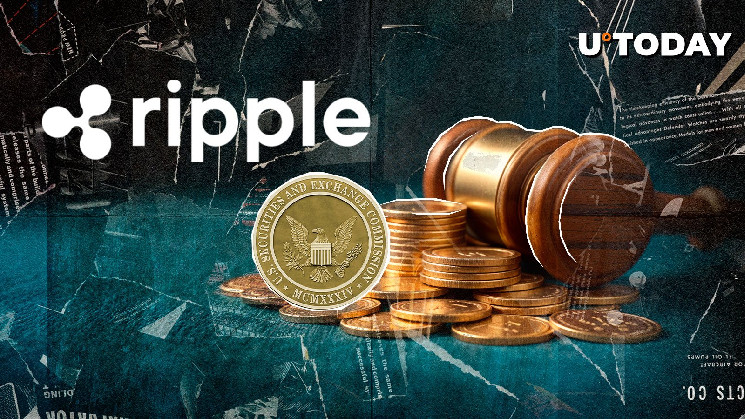Ripple Labs, formerly known as OpenCoin, was established with the goal of revolutionizing the financial industry by creating a decentralized system for faster and more cost-effective transactions. The company introduced XRP, a digital asset designed to bridge the gap between traditional finance and the world of cryptocurrencies. Unlike Bitcoin, Ripple operates on a unique consensus algorithm that relies on validators controlled by banks.
In 2020, Ripple found itself embroiled in a legal battle with the U.S. Securities and Exchange Commission (SEC) when the agency alleged that XRP was an unregistered security. The SEC claimed that Ripple had raised $1.3 billion through the sale of XRP, arguing that the company’s control over the digital asset’s supply and its promotional efforts classified XRP as a security under the Howey test. Despite Ripple’s defense that XRP was a digital currency, not a security, the SEC pursued legal action.
The case reached a significant milestone on July 13, 2023, when Judge Analisa Torres delivered a ruling that clarified the regulatory status of XRP. The court determined that XRP itself was not inherently a security, providing relief to retail investors. However, the judge found that Ripple’s institutional sales of XRP did constitute securities transactions, highlighting the importance of how digital assets are marketed and sold.
Following the ruling, on August 7, 2024, Ripple was slapped with a $125 million civil penalty for violations related to its institutional sales of XRP. While the SEC’s requests for disgorgement of profits and additional prejudgment interest were denied, Ripple was prohibited from violating securities laws in connection with future institutional sales. This legal battle set a precedent in cryptocurrency regulation, shaping how digital assets are categorized under U.S. securities law.
As the legal saga continued, both Ripple and the SEC filed appeals in October 2024, escalating the case to the Second Circuit Court of Appeals. The SEC sought to challenge the district court’s ruling that Ripple’s XRP sales did not meet the Howey Test criteria, while Ripple remained optimistic that the case could be dropped under the leadership of the new crypto-friendly SEC administration.
With the appointment of Republican SEC Commissioner Mark Uyeda as the agency’s acting chairman, there is newfound hope for a regulatory reset that prioritizes innovation over litigation. Ripple’s Chief Legal Officer Stuart Alderoty anticipates a more favorable regulatory environment under the new administration, which could lead to the dropping of the ongoing SEC appeal against Ripple and potentially halt enforcement actions against other major crypto firms.
The SEC’s recent initiatives, including the establishment of a crypto task force led by Commissioner Hester Peirce, aim to develop a comprehensive regulatory framework for digital assets. These efforts have been well received by industry participants who have long sought clear and consistent rules for operating in the crypto space.
In a recent development, there are speculations that the SEC may freeze non-fraud cryptocurrency cases currently in court and potentially drop some of them as part of an overhaul of its crypto policies. This move, spearheaded by Republican Commissioners Mark Uyeda and Hester Peirce, could bring much-needed regulatory clarity to the industry and signal a more supportive stance towards digital assets.
The implications of these regulatory developments are reflected in the price of XRP, which has seen significant fluctuations over the years. Despite facing challenges such as the SEC’s legal complaint in 2020, XRP has shown resilience and experienced price surges in 2021. With the new SEC commissioner in office and a positive outlook for the crypto sector, XRP could potentially aim for new price highs and continue its upward trajectory in the market.
Overall, the ongoing legal battle between Ripple and the SEC, combined with the changing regulatory landscape and market dynamics, will continue to shape the future of XRP and the broader cryptocurrency industry. As stakeholders await further developments, the potential for a more favorable regulatory environment and increased clarity could pave the way for sustained growth and innovation in the digital asset space.

